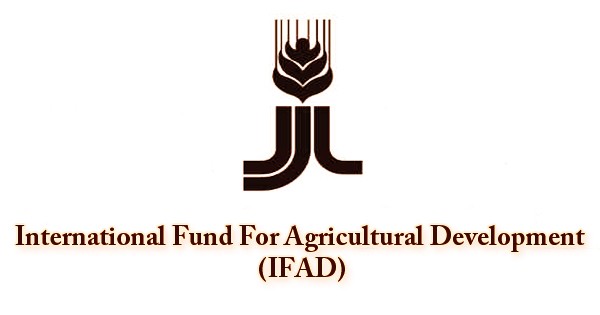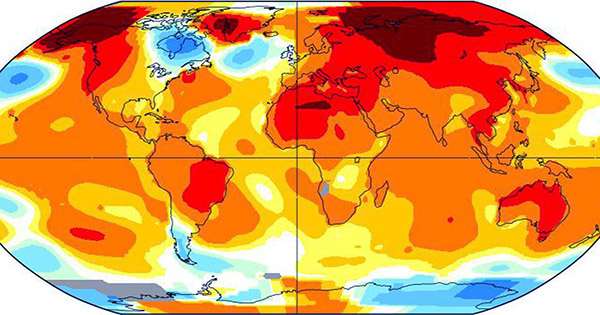Is it possible that Africa’s IT sector would be unaffected by the global investment slump? It appears to be a strange question to pose. “Africa, with multiple economies reliant heavily on natural resource exports, has historically been the polar opposite of resistant to global shocks,” Briter Bridges director Dario Giuliani noted. Nonetheless, the figures show that African entrepreneurs had a strong first quarter of 2022 in terms of venture capital funding, both in terms of cash and transaction volume. This is noteworthy in and of itself, but it is much more so given the fact that venture capital financing is dropping in the United States, Asia, and Latin America at the same time.
It’s important to remember that we’re only talking about a small portion of worldwide venture capital activity. According to the latest Venture Trends report from CB Insights, African entrepreneurs received only 1% of all investment last quarter, with a 2% deal share. However, the fact that it is moving in the opposite direction as the rest of the globe is intriguing. We spoke with Giuliani, whose intelligence firm, Briter Bridges, gathered fascinating data elements that we compared to CB Insights’ report to better understand what made Africa’s high Q1 financing feasible and what it may portend for 2022. We also got insights from Tidjane Dème, general partner at Partech, and the team at Ingressive Capital for the VC viewpoint.

2022 is off to a great start. According to Briter Bridges, $1.77 billion in venture capital financing poured into African technology in the first quarter of 2022. This is close to the $1.8 billion estimate of Africa-focused newsletter The Big Deal, but far more than CB Insights’ $923 million figure. The disparity between these two tallies is simple to explain: CB Insights bases its rankings on the location of a startup’s headquarters, independent of its primary markets. For example, it considers Flutterwave and Clickatell to be American enterprises, but Briter Bridges considers them to be part of Africa’s tech. This has a significant influence on calculations, given that the former recently raised a $250 million Series D round and the latter a $91 million Series C round.
The fact that a few agreements may have such a big impact on figures is also a useful reminder that things need to be put into perspective. “Quarterly estimates are statistically specious because they don’t represent expected trends,” Giuliani added, because growth is “vastly driven by mega-deals.” Furthermore, “closing [deals] often takes a bit longer in Africa, resulting in a larger data lag.” Dème has taken notice. “Several agreements announced in Q1 were actually concluded in Q4 [2021],” according to the report, implying that we may be searching for indicators of a slowdown that would only show up in future data.
Having said that, we believe it is notable that VC investing in Africa has had such a robust year to date. CB Insights counted $923 million spread among 170 transactions. If 2022 proceeds at the same rate as 2021, the total volume and number of trades will be $3.692 billion and 680, respectively, a larger total on both counts than the $2.285 billion volume and 529 deals in 2021, both of which were yearly records.










![Report on Models for Nanometer Size MESFETs [ Part-2 ]](https://assignmentpoint.com/wp-content/uploads/2013/04/MESFET-110x55.jpg)





